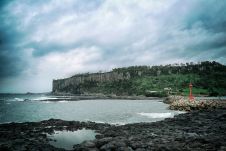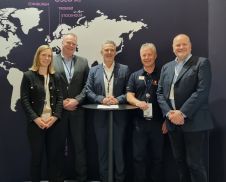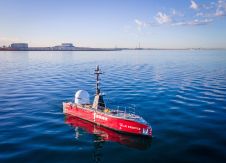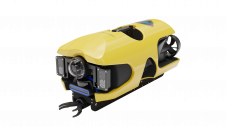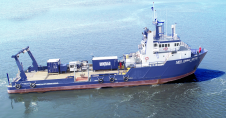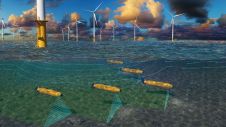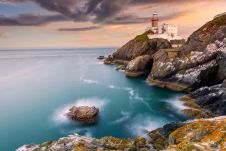Project Lessons Learnt
Ambitioous projects Need Additional Support
There are few internationally funded projects that exist to ensure the safety of the mariner, protect the environment and enhance the economy of the coastal State in the areas where they are most needed. It is vital therefore that any lesson learnt from a project that endeavours to do this should be heeded.
Having spent time as a surveyor, navigator, and master it is easy to rely implicitly on the chart and publications in front of you when at sea. These publications are, as we all know, only as reliable as the latest information received and passed on by the coastal State in whose waters one is travelling.
The GEF Western Indian Ocean Marine Highway Development and Coastal and Marine Pollution Protection Project was initiated by the World Bank in January 2009. It involves eight coastal States in the South Western Indian Ocean and endeavours to ensure the safety of the vessels but at the same time proactively prevent the pollution of the marine environment. The Mozambique Channel and a route south of Madagascar are well-used routes for the transportation of oil from the Gulf to Europe and North America and from West Africa to the East. It is estimated that 30% of the annual traffic in oil passes through the Channel.
Most of the States bordering the Mozambique Channel have limited funds to service the needs of the international shipping that pass their coasts. In addition, the advantages that their involvement in international trade and in an association with the international maritime organisations that could assist a coastal State to do so, have not been fully appreciated. In a project such as the one in the Western Indian Ocean, it is vital that the awareness of the benefits that could accrue to a coastal State are made visible and their involvement encouraged.
In order for such projects to be successful the participation of the authorities of the coastal State, at the highest level, is vital. National co-ordinators for each of the States concerned have to be appointed and they should enjoy the support of their respective governments. It is vital that the project team is made aware of the specific national needs and to be able to best achieve this the local co-ordinators must be able to advise on the status of all the various maritime services needed by that State.
It is not possible to put maritime service structures in place that can address the needs for nautical charting, aids to navigation, search and rescue and all the many other options that increase at such an alarming rate. To do so requires careful co-ordinated planning that can sensitise governments to the needs and the benefits, assist in identifying suitable personnel, training, provision of equipment, assist with the development of all the maritime safety services that are required and finally put in place the administrative structures that will ensure the technical maintenance of all these facets.
Many of the coastal States in the area have made great efforts to improve their maritime infrastructures but with the technology now available it will require the co-ordinated efforts of all to support the efforts of these States. Major international organisations have all been involved for many years in trying to support the capacity building required and this, if possible, should be increased and co-ordinated with funding institutions.

Value staying current with hydrography?
Stay on the map with our expertly curated newsletters.
We provide educational insights, industry updates, and inspiring stories from the world of hydrography to help you learn, grow, and navigate your field with confidence. Don't miss out - subscribe today and ensure you're always informed, educated, and inspired by the latest in hydrographic technology and research.
Choose your newsletter(s)












